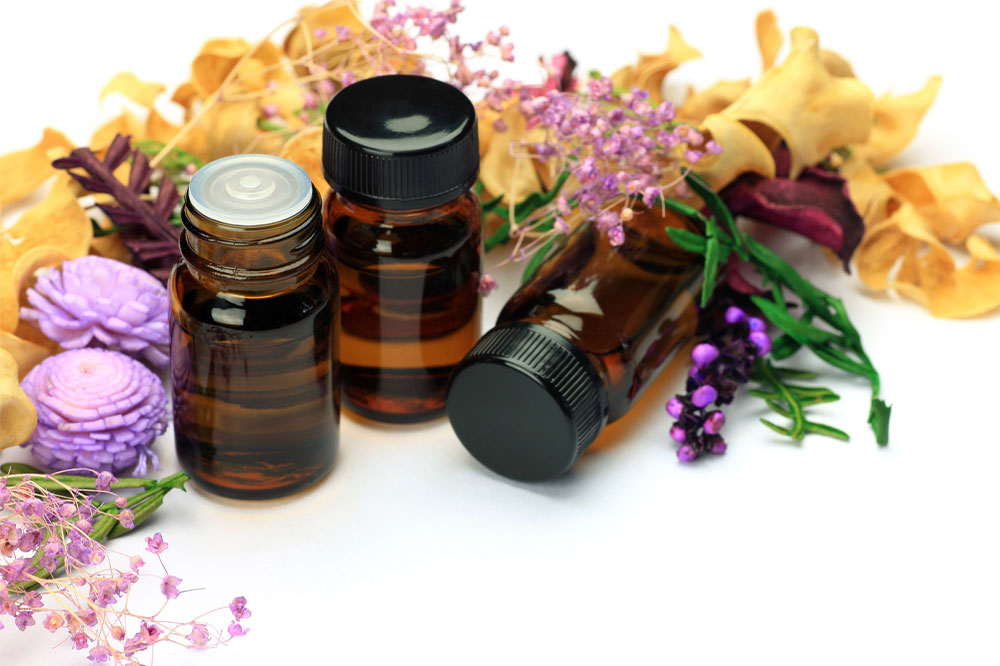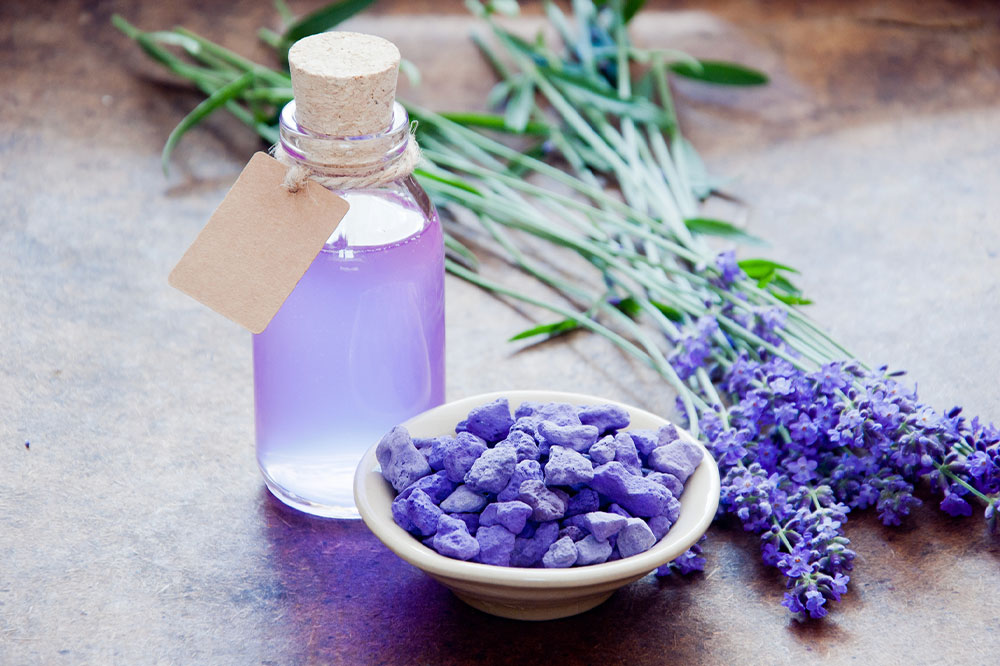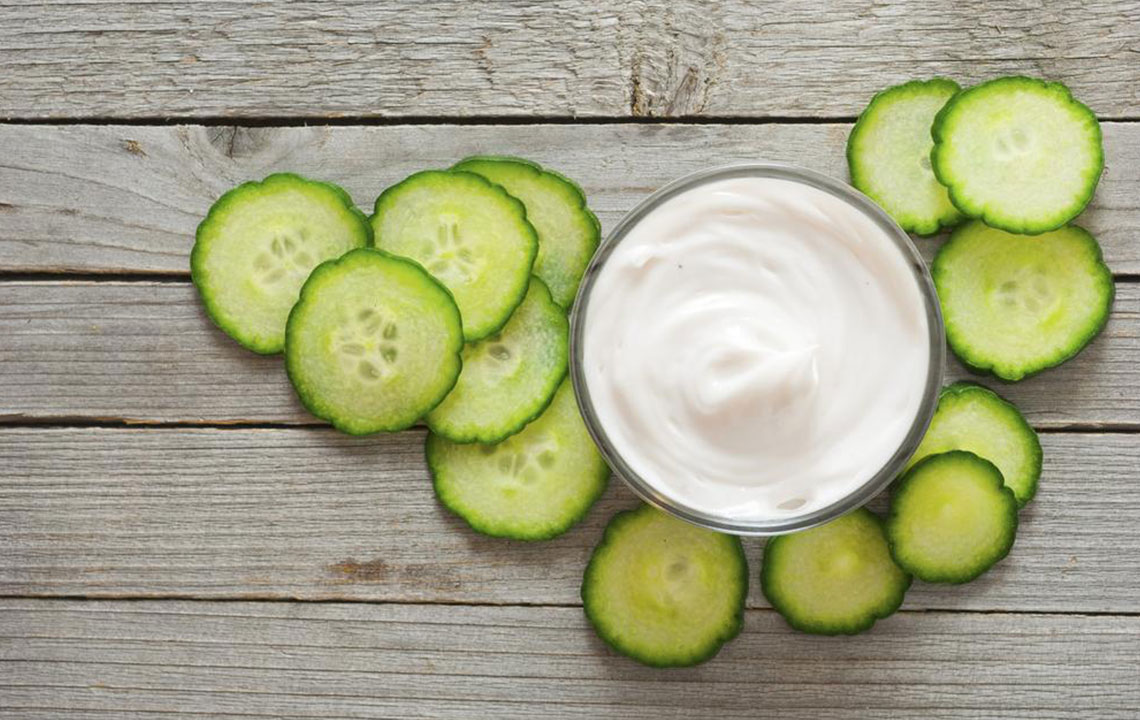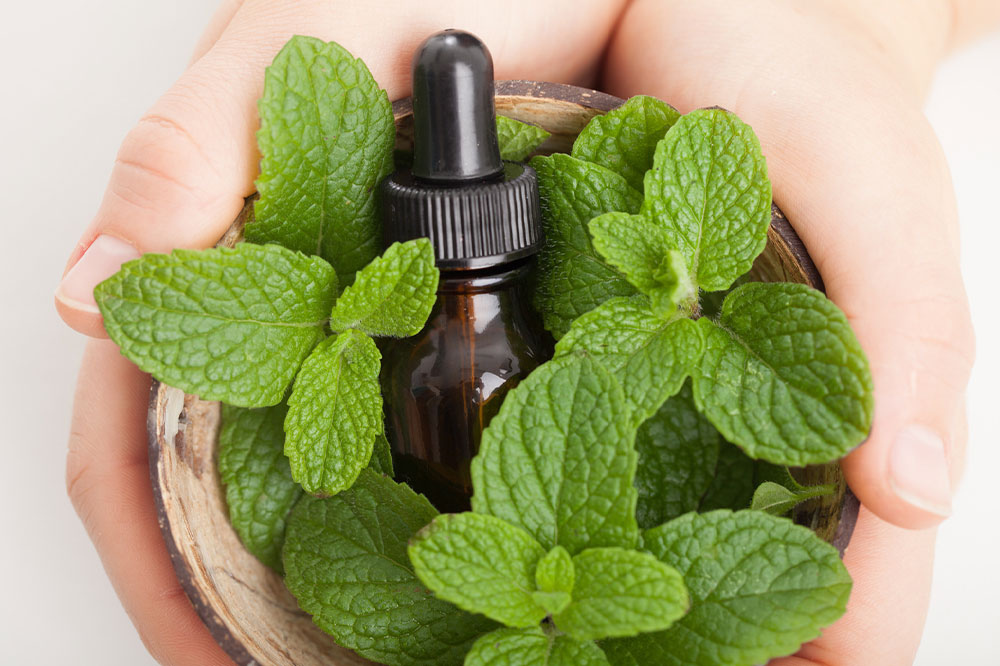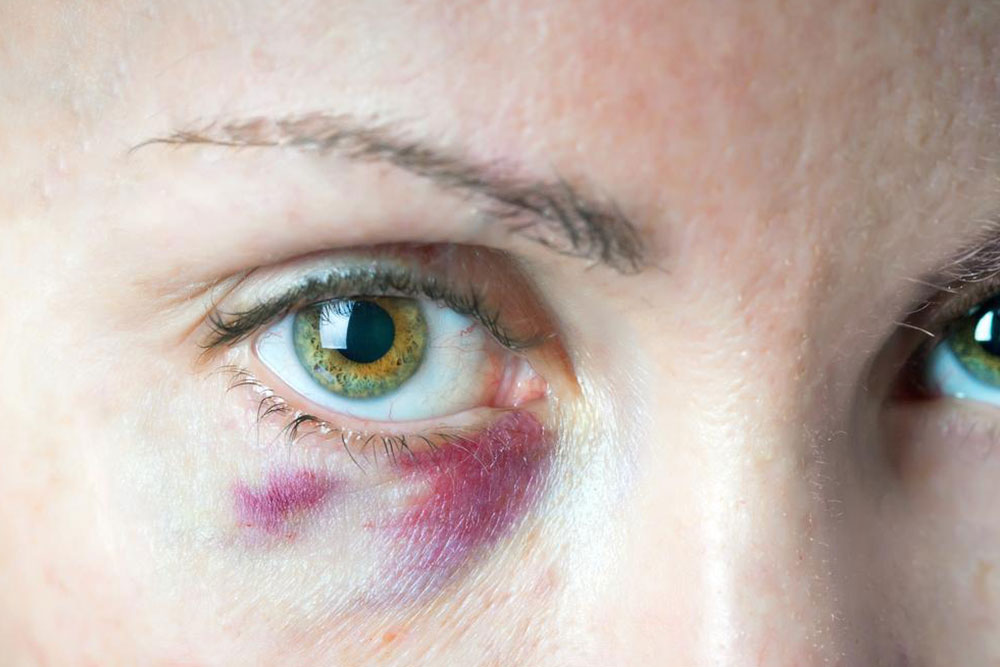Natural Strategies to Control Flea and Tick Infestations in Pets
Discover effective and safe natural methods to prevent and manage flea and tick infestations in pets. From vinegar sprays and lemon treatments to essential oils and environmental cleaning, these home remedies provide pet owners with practical options to keep their furry friends pest-free without harmful chemicals.
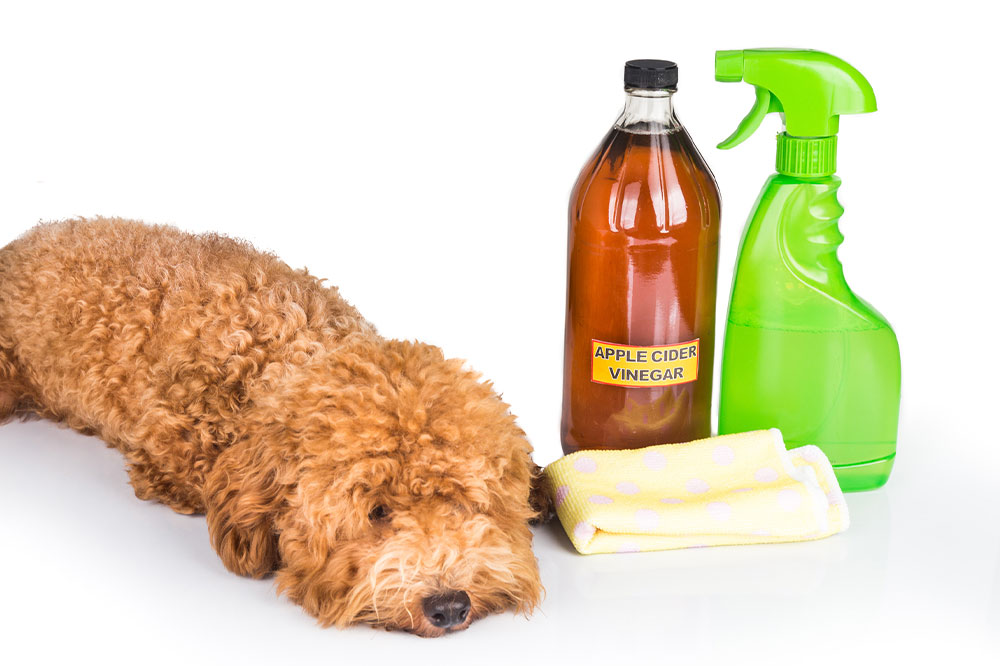
Natural Strategies to Control Flea and Tick Infestations in Pets
Summer can bring concerns about flea and tick problems for pet owners. While commercial treatments are available, trying homemade remedies first can be safer and more cost-effective. These natural solutions use common kitchen ingredients, avoiding potential side effects linked to chemical products, and are gentle on your pet's skin and respiratory health.
Vinegar Solution
Apple cider vinegar is a powerful natural remedy due to its ability to disrupt the pH balance that fleas and ticks need to survive. Applying a diluted vinegar spray weekly helps prevent and control infestations. You can also create a vinegar-based shampoo by mixing it with soap for more thorough cleaning. Use these treatments twice monthly to keep pests at bay.
After shampooing, spray the diluted vinegar solution to protect your pet. Additionally, lemon-infused water acts as a natural repellent. Boil lemon slices overnight, then strain the liquid into a spray bottle. Spray it evenly over your pet's coat, focusing on areas like behind ears, under the tail, and around legs. For a lotion, mix lemon juice with salt and water for effective application after baths.
Essential oils such as lavender, lemongrass, peppermint, cedarwood, and eucalyptus are potent herbal repellents. When safe for your pet, add a few drops to shampoo or create a spray by mixing them with water. Always check with your veterinarian about safety, especially for small breeds or puppies.
Garlic water, used outdoors, can help prevent flea and tick infestations. It is not meant for direct application on pets but acts as a natural barrier in the environment. Keep your home clean by washing bedding regularly, vacuuming to remove pests, and controlling dampness to reduce breeding grounds.
Note: Our blog offers helpful insights based on research, but treatments may vary based on individual cases. Always consult a vet before trying new remedies, especially for puppies or pets with allergies. We do not guarantee the effectiveness of every homemade solution and advise prioritizing your pet's safety.

